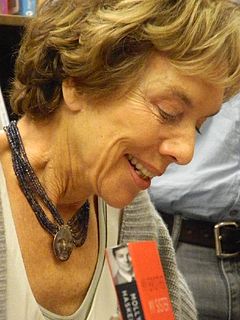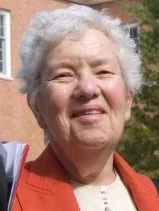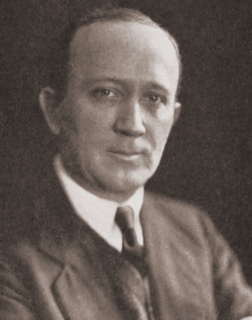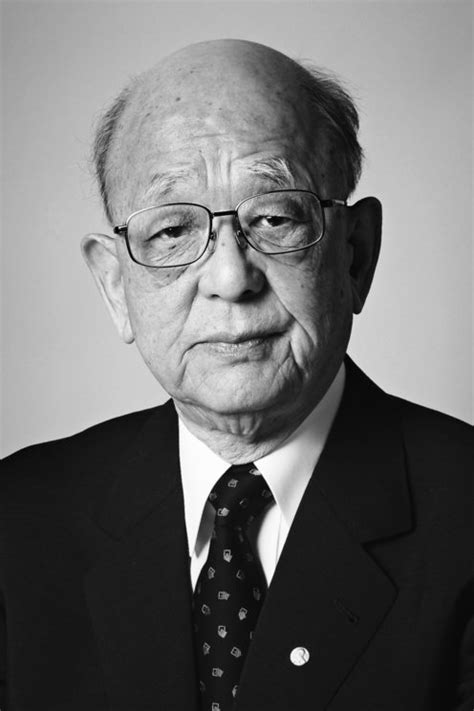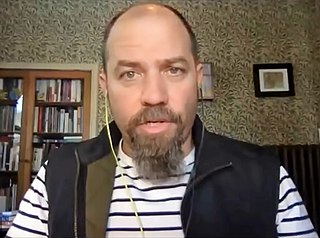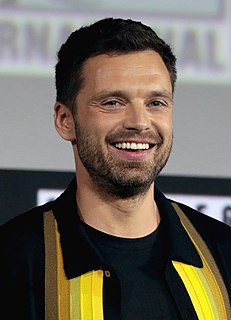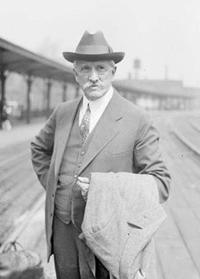A Quote by Margaret Wertheim
Though women are no longer barred from university laboratories and scientific societies, the idea that they are innately less suited to mathematical science is deeply ingrained in our cultural genes.
Related Quotes
We live in a scientific age, yet we assume that knowledge of science is the prerogative of only a small number of human beings, isolated and priestlike in their laboratories. This is not true. The materials of science are the materials of life itself. Science is part of the reality of living; it is the way, the how and the why for everything in our experience.
In a cross-cultural study of 173 societies (by Herbert Barry and L. M. Paxson of the University of Pittsburgh) 76 societies typically had mother and infant sharing a bed; in 42 societies they shared a room but not a bed; and in the remaining 55 societies they shared a room with a bed unspecified. There were no societies in which infants routinely slept in a separate room.
A US Department of Education; implementation of a scientific materialist philosophy; studies, being cleansed of religious, patriotic and other features of the bourgeois ideology; students taught on the basis of Marxian dialectical materialism, internationalism and general ethics of a new socialist society; present obsolete methods of teaching will be superseded by a scientific pedagogy. The whole basis and organization of capitalist science will be revolutionized. Science will become materialistic, hence truly scientific. God will be banished from the laboratories as well as from the schools.
When people think science and cooking, they have no idea that it's not correctly expressed. We're actually applying the scientific method. People think chemistry and physics are science, but the scientific method is something else.... It's the science that the world of cooking generates: science of butter; science of the croissant.
The implication is that this basic idea we have that we are controlled by our genes is false. It's an idea that turns us into victims. I'm saying we are the creators of our situation. The genes are merely the blueprints. We are the contractors, and we can adjust those blueprints. And we can even rewrite them.
The physiologist is not a man of the world, he is a scientist, a man caught and absorbed by a scientific idea that he pursues; he no longer hears the cries of the animals, no longer sees the flowing blood, he sees only his idea: organisms that hide from him problems that he wants to discover. He doesn't feel that he is in a horrible carnage; under the influence of a scientific idea, he pursues with delight a nervous filament inside stinking and livid flesh that for any other person would be an object of disgust and horror.
Including my nine years as a student, the majority of my life has been at Hokkaido University. After my retirement from the university in 1994, I served at two private universities in Okayama Prefecture - Okayama University of Science and Kurashiki University of Science and the Arts - before retiring from university work in 2002.
The things I learned from my parents, what was deeply ingrained in their generation, is this idea of opportunity and the freedom to have an opportunity. The way the United States was thought of is as a place you can have this chance to do anything, to say, 'This is my idea, and I get to offer it to you, and if you like it, I can profit from it.'
In the field of Egyptian mathematics Professor Karpinski of the University of Michigan has long insisted that surviving mathematical papyri clearly demonstrate the Egyptians' scientific interest in pure mathematics for its own sake. I have now no doubt that Professor Karpinski is right, for the evidence of interest in pure science, as such, is perfectly conclusive in the Edwin Smith Surgical Papyrus.


